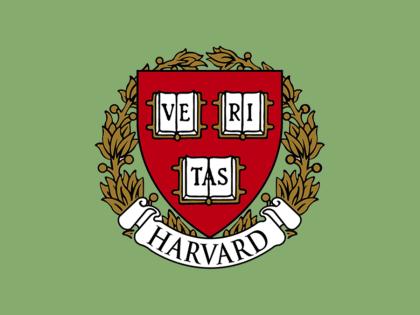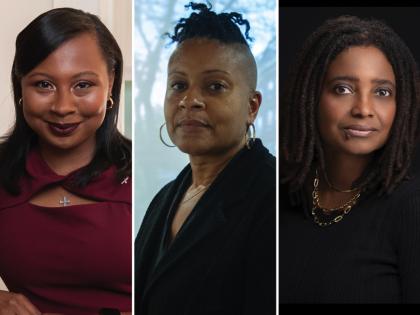A very long bookshelf in Jens Meierhenrich’s Harvard office holds a complete transcript of the Nuremberg trial of major war criminals, in 42 volumes. “I had to break the bank to buy them,” he says. But these are essential references for the German-born, 33-year-old scholar, who tells students that his “interest in genocide is both professional and personal”; much of his research on genocide and transitional justice is about “finding a lens to revisit my own country’s history.” Meierhenrich, an assistant professor of government and of social studies since 2005, has peered through that lens in South Africa and Rwanda and at the International Criminal Tribunal for the Former Yugoslavia in The Hague. This fall, in Japan, he’ll investigate the Tokyo tribunalGeneral MacArthur’s response to Japanese atrocities during World War II. Beginning in 2008, Princeton will publish Meierhenrich’s interdisciplinary trilogy on genocide. “I’m little concerned about morality tales. We are all outraged by genocide,” he says. “We need to understand not only why people kill, but how they kill. Victims in the Armenian genocide, for example, were crucified and had crosses tattooed on their foreheads. In Rwanda, certain bodies were dumped in the river, sending them, symbolically, ‘back to Ethiopia.’ You can transmit a message in the way you kill.” Meierhenrich has no bachelor’s degree, but after working for nearly two years at research centers in South Africa, he won a Rhodes Scholarship to Oxford, where he earned a D.Phil. in politics and international relations. Next came Columbia, and then the Kennedy School of Government. In 2002, he took a group of undergraduates to Rwanda for two months. This summer, he’s doing it again.
Jens Meierhenrich

Jens MeierhenrichPhotograph by Fred Field
You might also like
Harvard Students form Pro-Palestine Encampment
Protesters set up camp in Harvard Yard.
Harvard Discloses Administrator and Investment Manager Compensation
The annual release on leaders’ most recent pay
Radcliffe Institute Announces 2024-2025 Fellows
Scholars will pursue interdisciplinary research on climate change, the Supreme Court, and more.
Most popular
More to explore
Harvard Cardinal Robert W. McElroy on the Changing Catholic Church
Cardinal Robert W. McElroy on how the Catholic Church has moved towards inclusivity.
AI as Cancer Oracle?
How is artificial intelligence (AI) being used for cancer detection and prevention?
The Harvard Graduate and Early Vegetarian Benjamin Smith Lyman
Brief life of the vegetarian trailblazer, 1835-1920






